Advocating climate justice and a fair energy transition
A fair energy transition is urgent and imperative. However, the changes needed are being hindered by economic structures that not only obstruct immediate action but also threaten to exacerbate inequality, even in a green transition. The heart of this challenge lies with multinational corporations prioritising preserving shareholder value and maximising profits.
At SOMO, we are actively addressing climate justice and corporate power concerns in response to these issues.

Fossil fuel companies are actively impeding a just and effective energy transition away from hydrocarbons. They persist in producing and selling harmful products and consistently obstruct policy and economic changes that are crucial for reducing greenhouse gas emissions and promoting alternative solutions.
Our efforts are being made to ensure that these companies do not shift the transition costs onto other stakeholders, including communities, state-owned enterprises, and the general public. Additionally, collaborating with partners in key countries, we are striving to prevent irresponsible disengagement from stranded assets by fossil fuel companies.
Highlighted Publications
-
 Shell incapable of meaningful role in energy transitionPosted in category:News
Shell incapable of meaningful role in energy transitionPosted in category:News Ilona HartliefPublished on:
Ilona HartliefPublished on: -
Posted in category:Publication
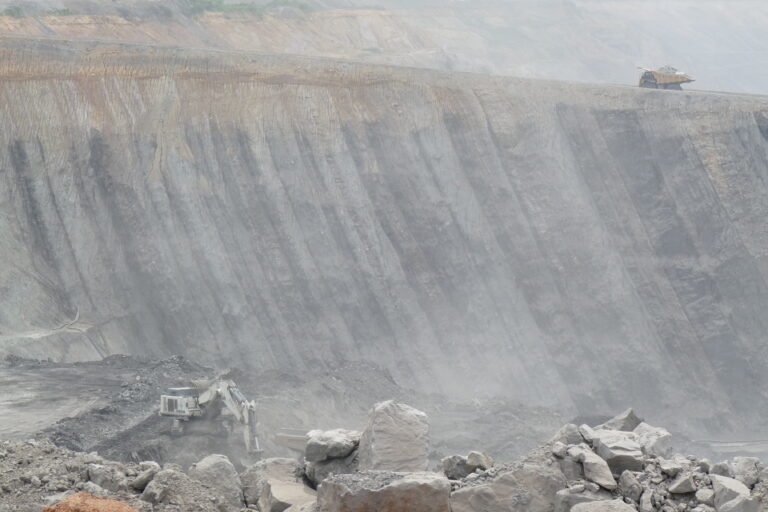
-
Manganese matters Published on:
 Alejandro GonzálezPosted in category:Publication
Alejandro GonzálezPosted in category:Publication Alejandro González
Alejandro González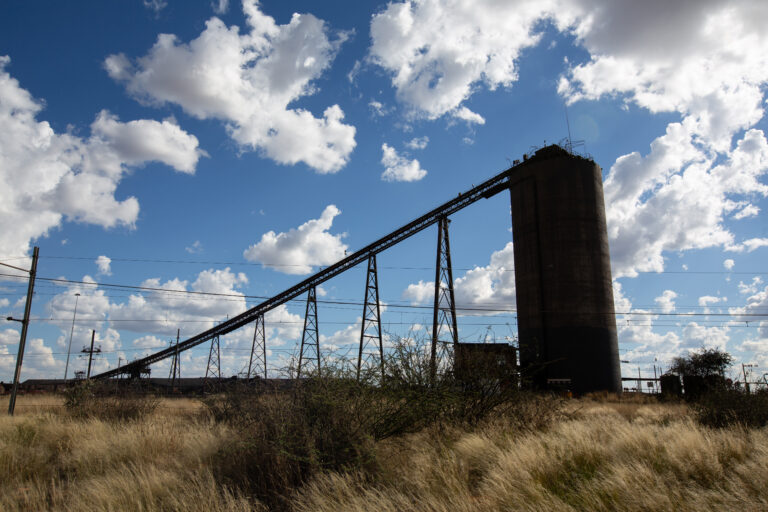
Resisting corporate power to promote climate justice
Mining and energy companies must cease extracting and burning fossil fuels to avoid catastrophic climate change. However, in the search of climate justice, it is essential to consider the well-being of communities and workers that are dependent on these industries for their livelihoods. Additionally, the departure of these companies should address the plight of human rights abuse victims and environmental damage left unresolved at extraction sites.
The issue of responsible disengagement is one of our most prominent concerns. Our work with impacted communities and international partners advocates for companies and governments to incorporate responsible disengagement into their human rights and environmental due diligence frameworks.
Fossil fuels companies’ strategies are mainly about protecting and advancing their own and their shareholders’ interests rather than climate justice. A blatant example lies at the heart of the Energy Charter Treaty(opens in new window) (ECT) and its investor-state dispute settlement (ISDS) clause. The ISDS clause allows oil, coal, and gas companies to sue governments if new laws or policies, including those designed to prevent climate chaos, harm their profits.
Our research at SOMO has consistently revealed that ISDS clauses can discourage governments from taking action to protect human rights and the environment. In 2022, a revised version of the ECT was proposed, but failed to address the inherent issues. However, due to persistent campaigning, the Netherlands, France, Germany, Spain, and others declared their intentions to withdraw from the treaty, prompting the European Union to re-evaluate.
By early 2023, it became evident that the entire EU would have to exit the treaty, representing a significant step towards ending an agreement that has no place in a world facing a climate crisis.
The ECT: an obstacle to the energy transition
The Energy Charter Treaty is a legal framework for trade and investment in the energy sector. The ECT protects a wide range of investments related to economic activities in the energy sector. Under Article 26 of the ECT, foreign investors have the option, in the event of alleged treaty violations, of suing states through ad hoc arbitration, which is a direct obstacle to the energy transition.
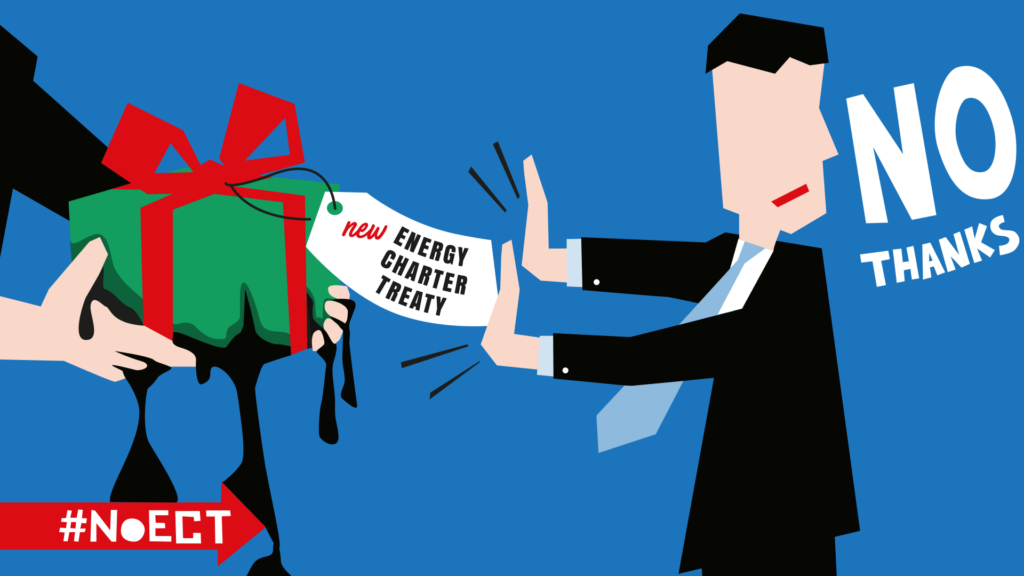
Challenging the corporate-led energy transition
The Environment, Social, and Governance (ESG) industry is a framework used by investors and companies to assess a company’s environmental, social, and governance performance. Its purpose is to help companies meet regulations and attract sustainable investments. However, ESG tools – centred around risk assessments and rankings – often fall short of genuinely protecting the rights of people and the environment. They tend to focus on risks to investors’ finances related to social, environmental, or governance issues rather than the impacts of investments on people and the planet.
The renewable energy sector’s business model runs the risk of mirroring the exploitative and unequal patterns seen in the fossil fuel industry. We dedicate much of our work to helping make sure that local communities affected by energy multinationals and excluded by ESG frameworks can make their voices heard and fight for their rights.
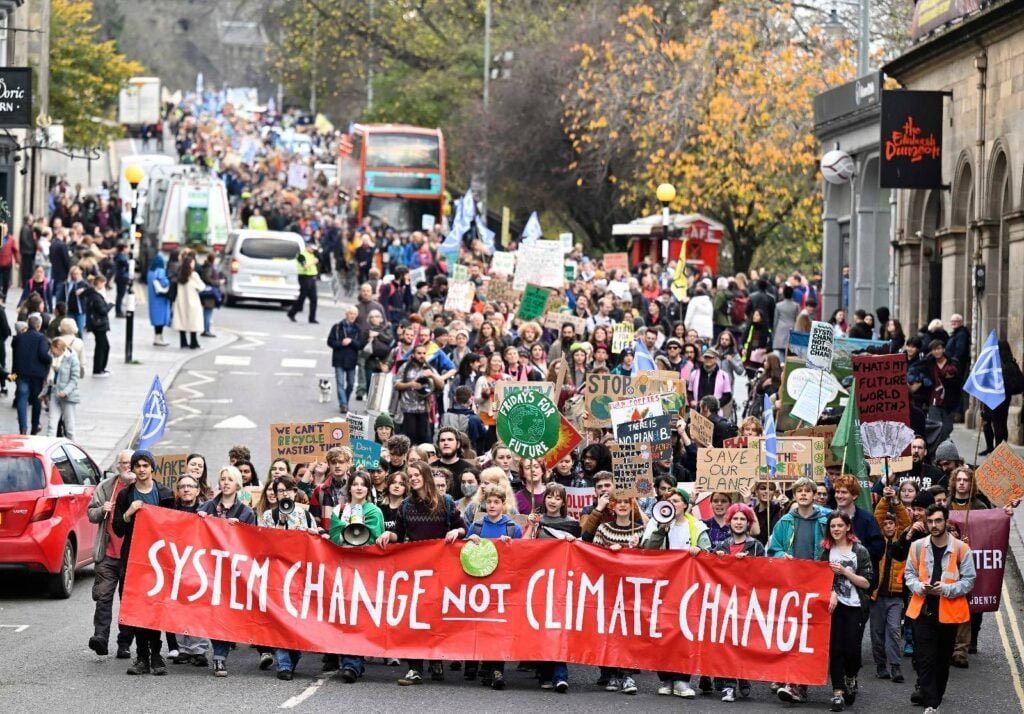
In 2021, our research at SOMO revealed that mining and energy companies operating in Colombia’s coal-producing regions are complicit in perpetuating human rights violations. As European demand for coal surged due to soaring gas prices, Colombia’s coal exports increased significantly, with 2 million tons coming from Cesar’s conflict-ridden northern mining region. However, the historical human rights abuses from the country’s deadly civil war have remained largely unresolved, and the abuses persist.
We are collaborating with communities displaced from their land to make way for coal mining in Colombia, helping them assert their rights vigorously. It is crucial to take action now to ensure that there is accountability and remediation for past human rights abuses before the coal companies exit permanently.
-
Responsible disengagement from coal (pdf, 1.13 MB)
While fossil fuel and coal industries exact a significant social and environmental toll, it is important to note that the rise of green energy – including electric vehicles and batteries – also presents a range of challenges.
Numerous records demonstrate that mining for essential minerals like lithium, cobalt, nickel, graphite, and manganese for Li-ion batteries has resulted in destructive and far-reaching social and environmental impacts. Communities worldwide are already facing the repercussions of this global rush for resources, including severe pollution, water scarcity, hazardous working conditions, child labour, and land disputes.
We are collaborating closely with environmental allies to bring to light these challenges and to suggest alternative models for the renewables sector. They aim to promote renewable companies with a social purpose, where profit motives do not solely drive utilities and models. Our efforts lean towards ending the EU’s extractivist trade and partnership model, safeguarding workers’ rights along the renewable energy value chain, and advocating for innovative approaches and business models in the green energy sector.
Advancing just solutions for the energy system
A fair and just energy system requires the active participation of citizens and communities to ensure a more equitable and environmentally responsible energy future. By empowering people at the local level, energy democracy seeks to foster a more resilient, sustainable, and just energy system.
We are calling for greater democratic control and community involvement in generating, distributing, and using energy. Shifting the balance of power in the energy sector away from centralised and profit-driven systems controlled by large corporations towards more decentralised, participatory, and locally owned energy systems is necessary for a fairer system. We must push forward a ‘degrowth’ and ‘decolonise’ agenda to do this.
‘Degrowth’ calls for a shift from energy-intensive practices and a greater emphasis on energy conservation and efficiency. Decolonising the energy sector involves acknowledging and integrating the knowledge and practices of indigenous communities regarding sustainable energy use and resource management. We aim to challenge the dominance of Western perspectives and interests in shaping global energy systems and seek to empower indigenous communities and historically marginalised groups in decision-making processes related to energy.
Over the coming years, our work will focus on pushing forward the degrowth and decolonisation agenda. By prioritising renewable energy, energy efficiency, and the inclusion of marginalised voices, we can move towards a more resilient and environmentally responsible energy future.
Do you need more information?
-

Ilona Hartlief
Researcher -

Alejandro González
Senior Researcher
Latest updates
-
New BBC Documentary exposes the dangers of forest-based carbon creditsPosted in category:Opinion
 Maria HengeveldPublished on:
Maria HengeveldPublished on: Maria Hengeveld
Maria Hengeveld -
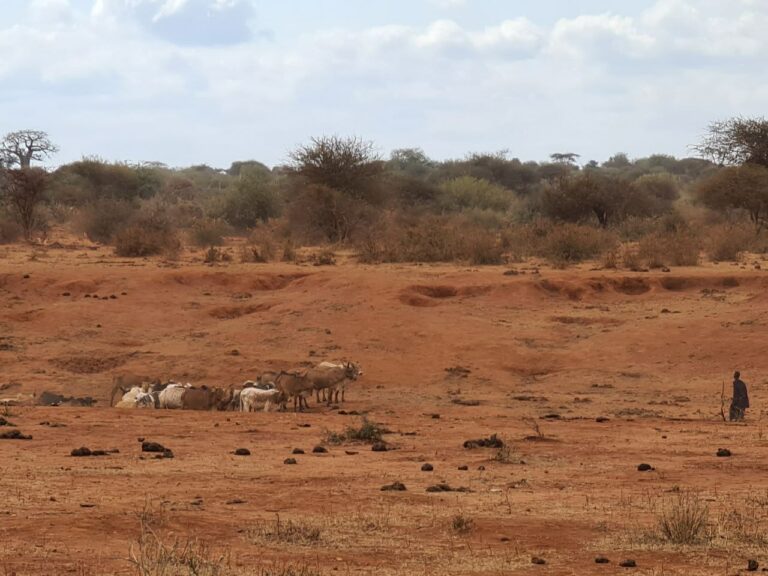
-
Responses to the allegations of sexual abuse at the Kasigau carbon offset project run by Wildlife WorksPosted in category:Published on:Statement
Related Topics
Discover more of SOMO’s work and publications.






